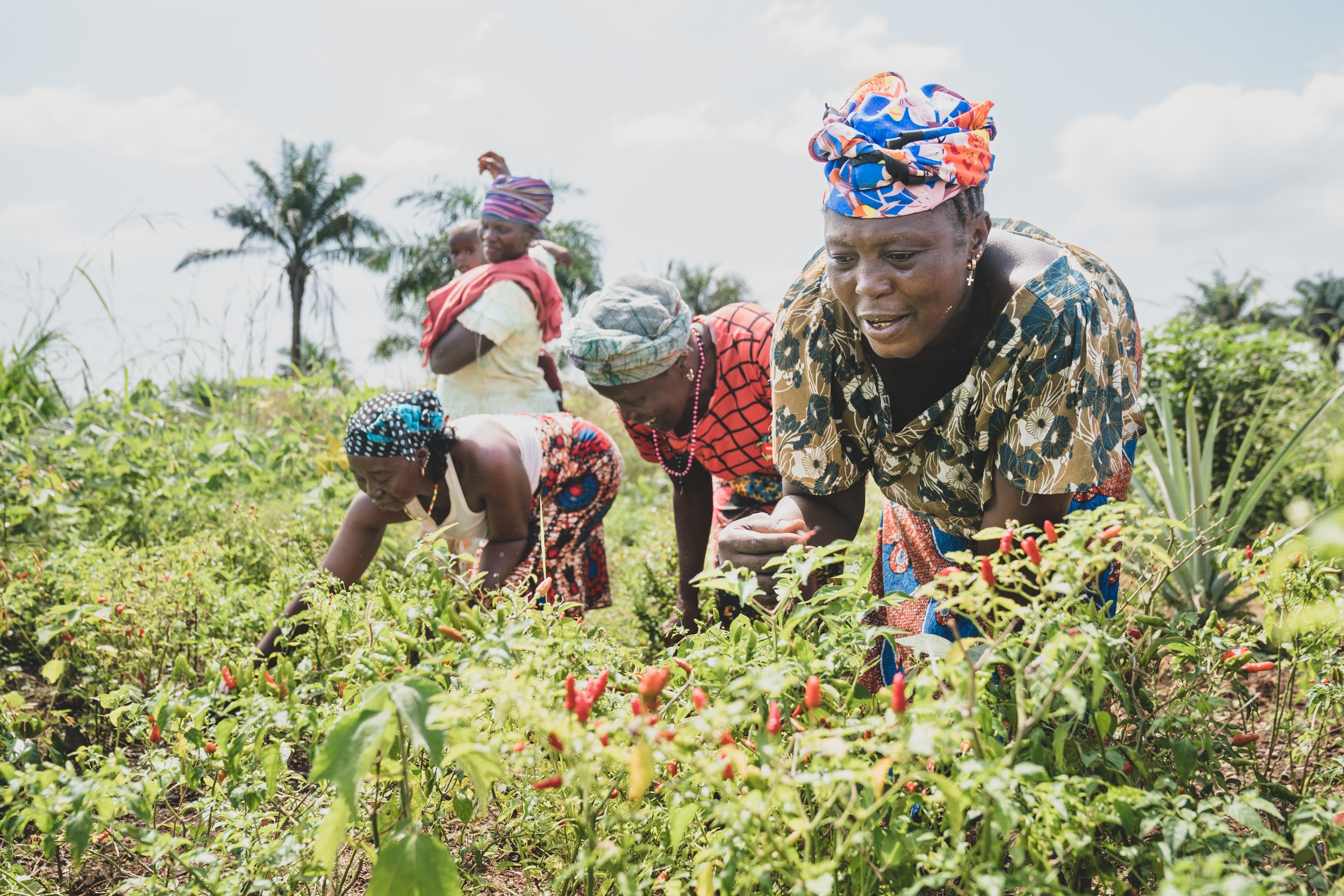
The Mathaska Agricultural Project
The Mathaska Agriculture Project serves as a development initiative promoting community well-being through communal land access and collective farming for women.
In Sierra Leone, land ownership is mostly controlled by men, leaving women economically dependent, in marginalized positions, and more vulnerable to gender-based violence. The Mathaska Agriculture Project addresses these interconnected challenges by providing an alternative livelihood for Soweis—practitioners of Female Genital Mutilation (FGM)—and survivors of the practice, offering them new economic opportunities beyond harmful traditions and strengthening women’s social bonds and influence within the community. The project is implemented through hands-on training, follow-up programs, and Indigenous Knowledge sharing among farmers and communities.
By addressing the structural barrier of land access, it reshapes gender roles, contributes to closing the gender income gap, and showcases how sustainable agriculture practices can promote food security. Moreover, this collective mobilization has positioned women as key contributors to economic and social development, leading to higher school enrolment for girls, a decline in teenage pregnancies, the adoption of previously abandoned children, and improved access to communal healthcare across the Mathaska community. In this way, the project’s impact extends beyond the women involved.
The Mathaska Agriculture Project is a N’NINKIE research topic through which we assess the wide-ranging positive effects and spillover benefits of the project, demonstrating its potential as a model for sustainable community development without creating (foreign) dependency.

